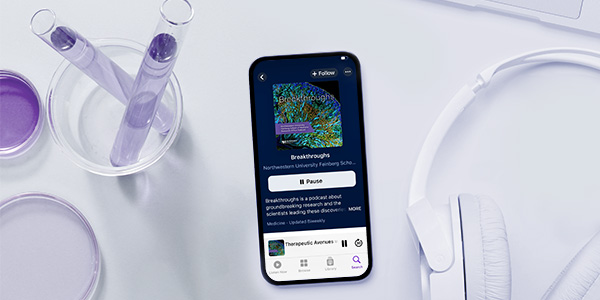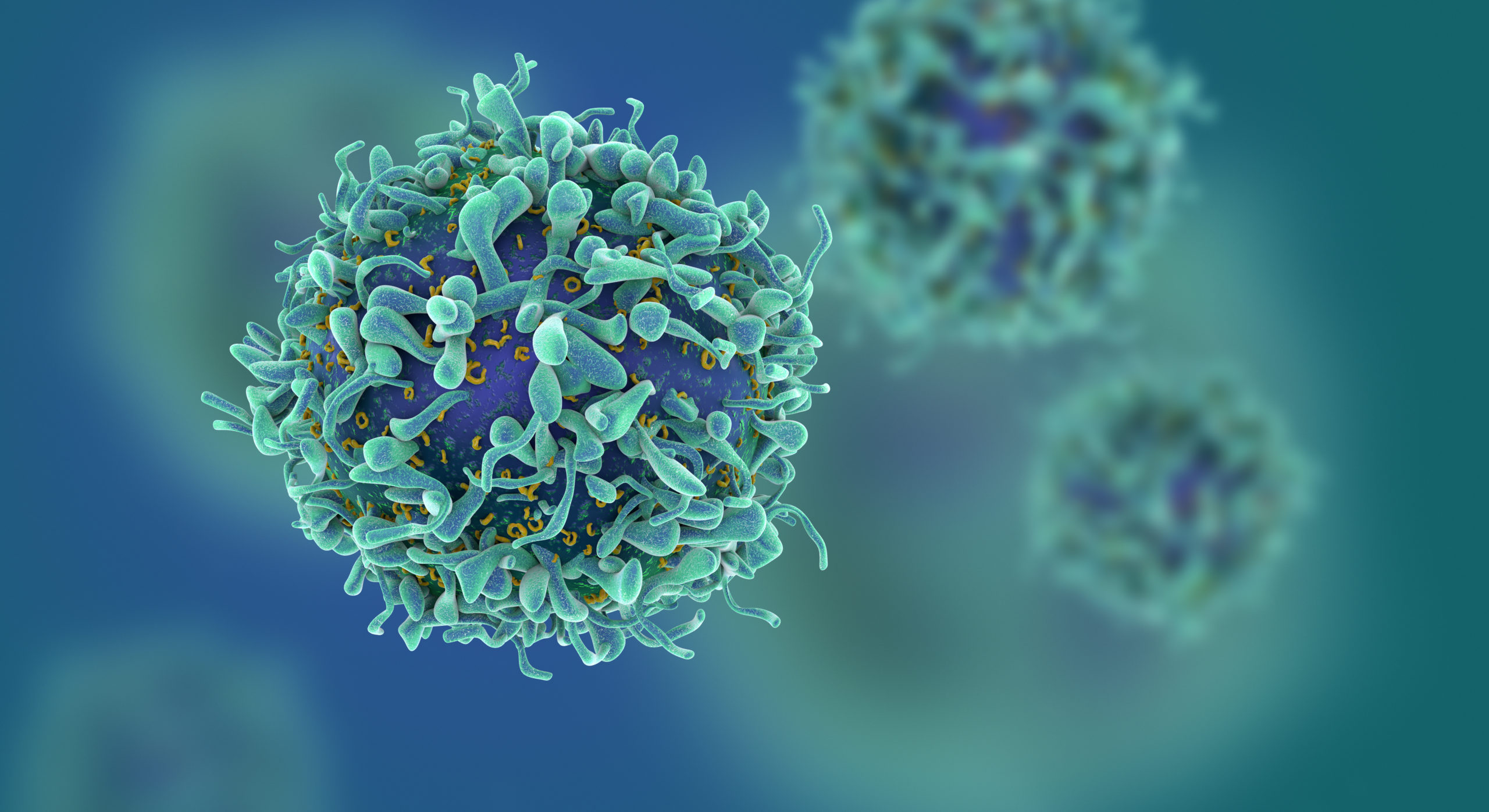
Triclosan triggers gut inflammation in animal model
Triclosan — an antimicrobial widely used in toothpastes, cosmetics and other household products — may raise the risk of gut inflammation and colorectal cancer, according to the results of a preliminary animal study published in Science Translational Medicine.
“Our findings highlight the need to reassess the effects of triclosan on human health, and potentially update policies regulating its use,” said co-author Guang-Yu Yang, MD, PhD, vice chair of Pathology and chief of Anatomic Pathology in the Department.
Triclosan is one of the most commonly used antimicrobials in the U.S. The compound is currently found in more than 2,000 consumer products — from cosmetics and daily hygiene products to even kitchenware and some toys — and its exposure throughout the population is significant; previous research has found that triclosan is detected in about 75 percent of urine samples in the U.S.
But while past studies have suggested possible toxic effects of triclosan at high concentrations, it has remained unclear what health impact the chemical might have at normal exposure levels.
In the current study, a team of investigators studied the effects of triclosan exposure on gut inflammation and associated colon cancer in mouse models. The mice were administrated the chemical for three weeks, at relatively low concentrations comparable to those found in human blood.
The scientists discovered that triclosan increased inflammation of the colon, exacerbated colitis symptoms and promoted colitis-associated colon cancer in mice. The findings also revealed a possible mechanism for such effects: Triclosan exposure changed the composition of the mice’s gut microbiome, which may be behind the results observed by the scientists.
“Exposure to triclosan alters gut microbiota in mice, and its proinflammatory effect is attenuated in germ-free mice, suggesting that gut microbiota is required for the biological effects of triclosan,” explained Yang, also the Joseph C. Calandra Research Professor of Pathology and Toxicology.
Although the findings in the animal model are preliminary — and do not necessarily translate to humans — the authors note that the study lends support to the need for further research into the safety of triclosan, especially given its pervasive use.
Yang is also a member of the Robert H. Lurie Comprehensive Cancer Center of Northwestern University.
The study, led by investigators at the University of Massachusetts Amherst, was supported by a new faculty start-up from the University of Massachusetts Amherst, U.S. Department of Agriculture’s National Institute of Food and Agriculture (USDA NIFA) grant 2016-67017-24423 and NIH/National Cancer Institute grant R03CA218520, USDA NIFA grant 2016-67017-24416, USDA NIFA grants 2014-67021-21598 and 2016-67021-25147 and National Natural Science Foundation of China grant 21676212.






